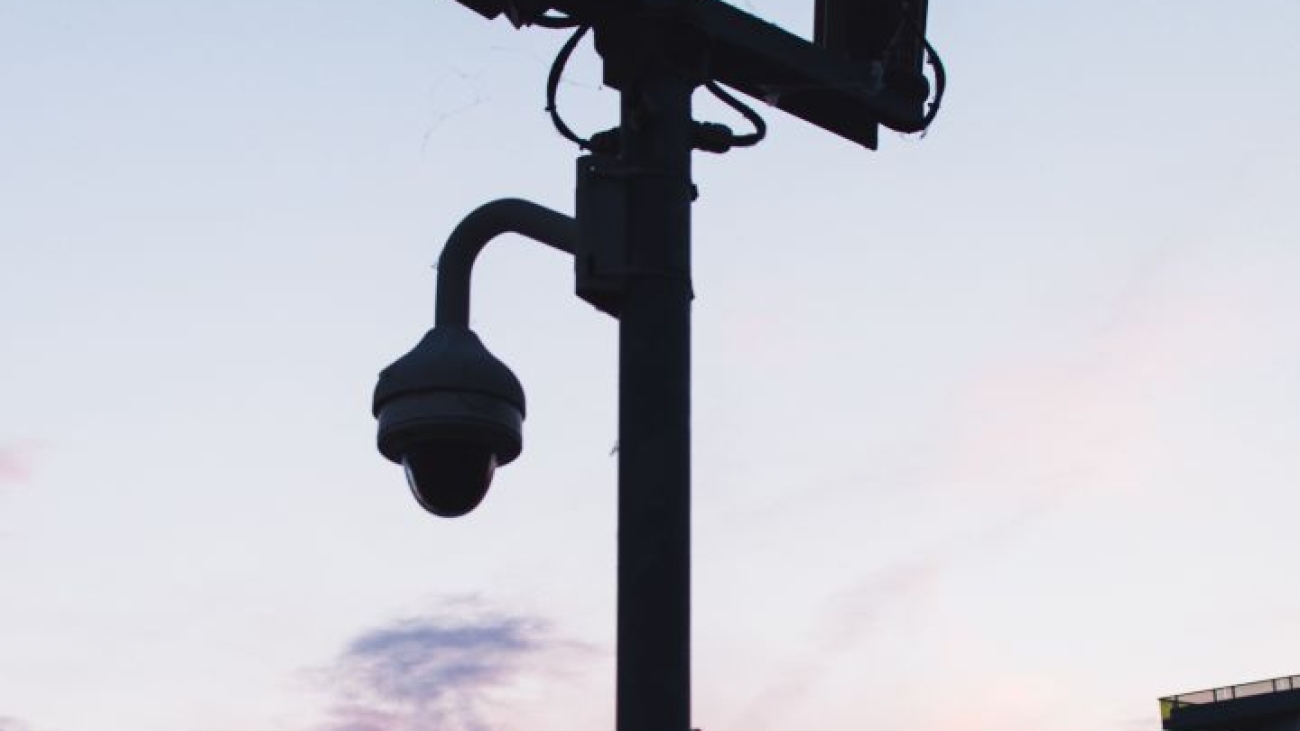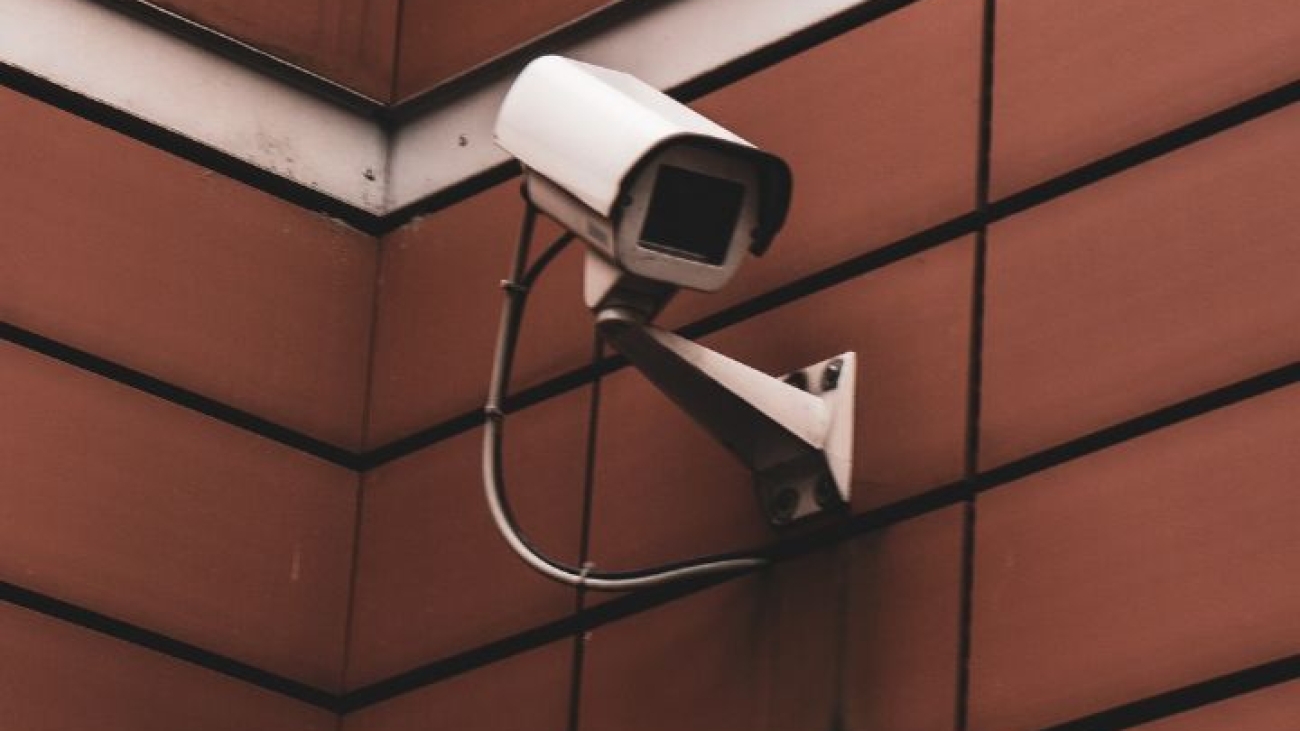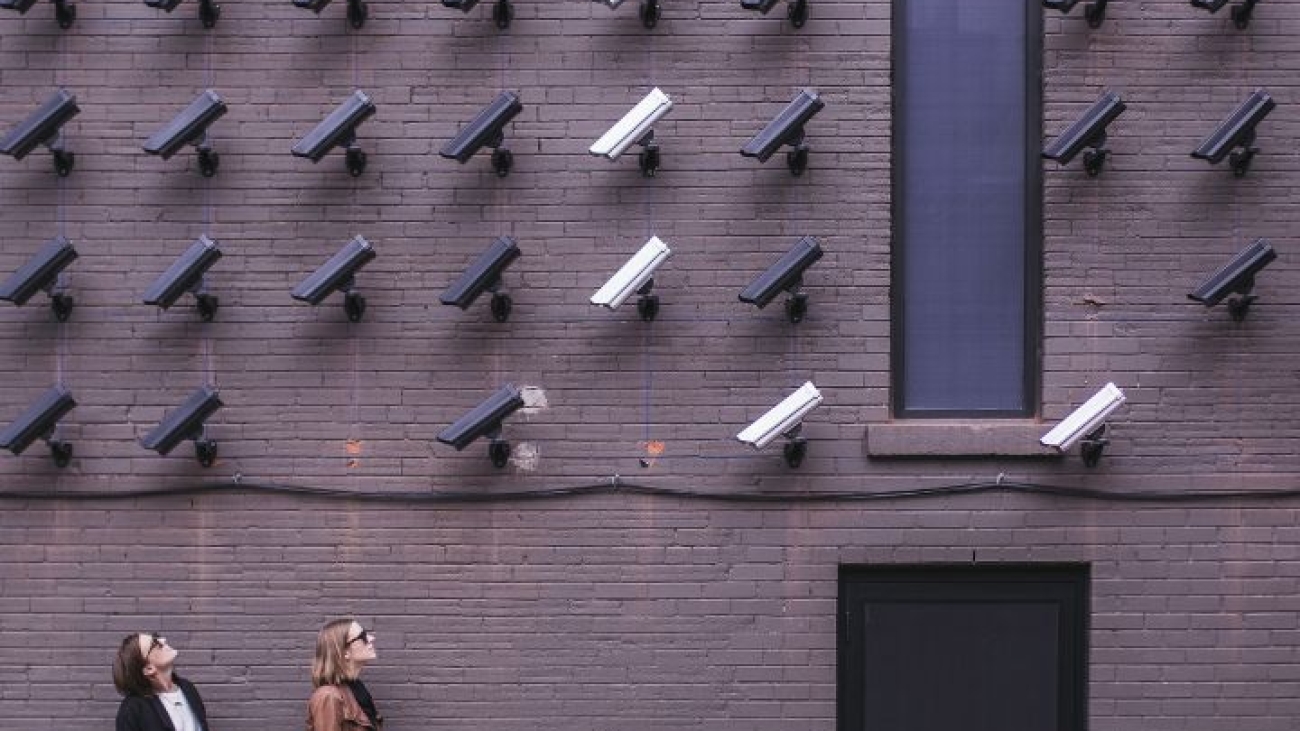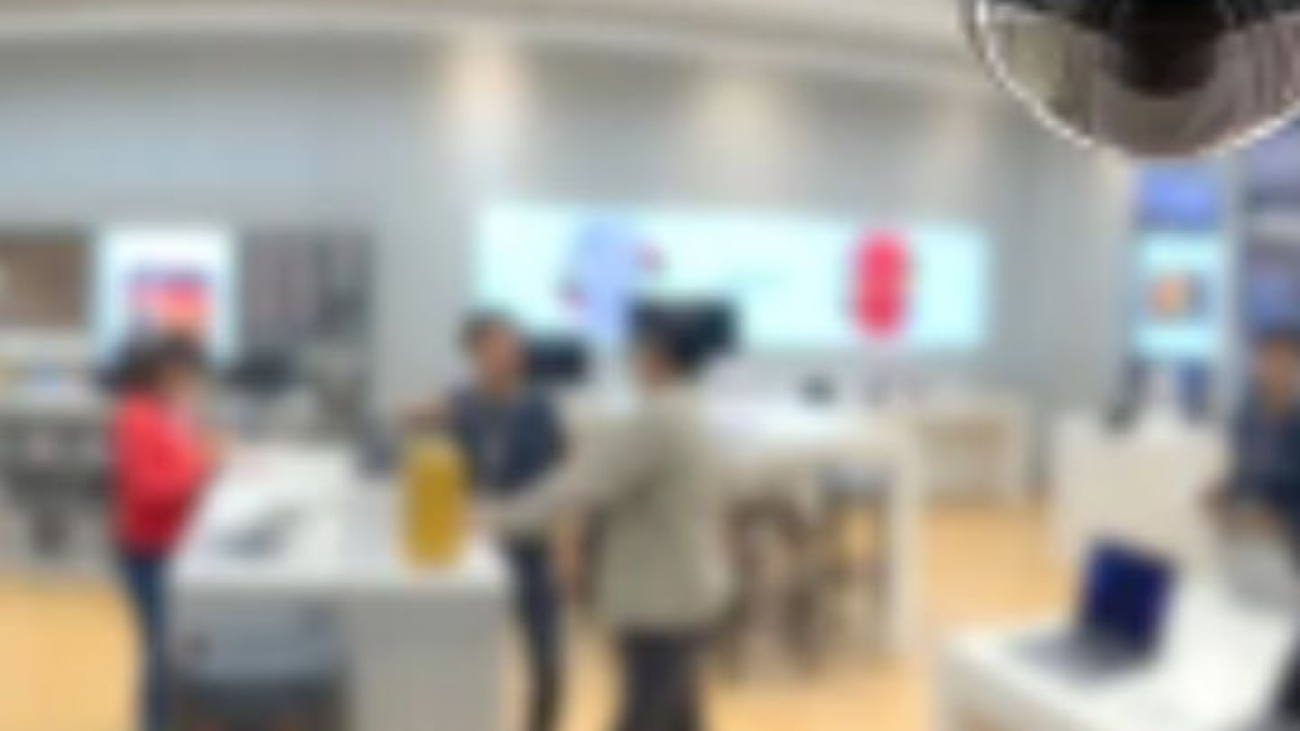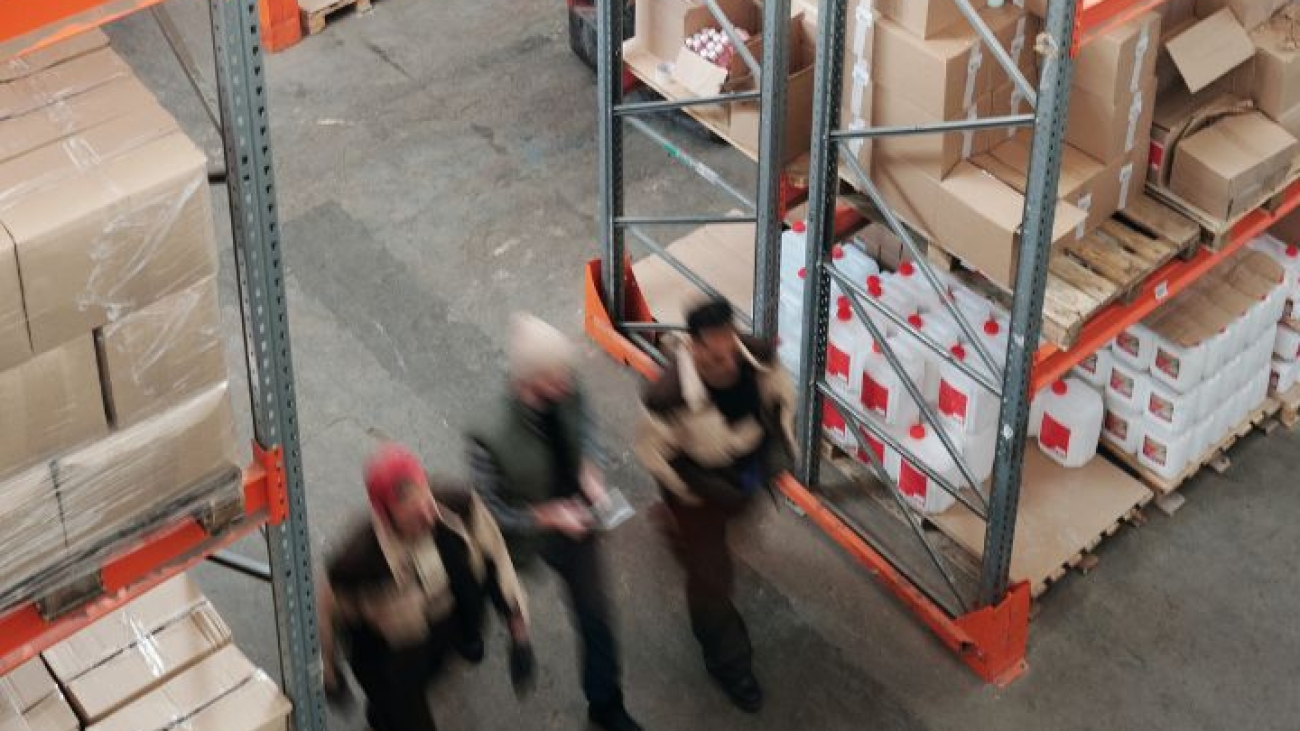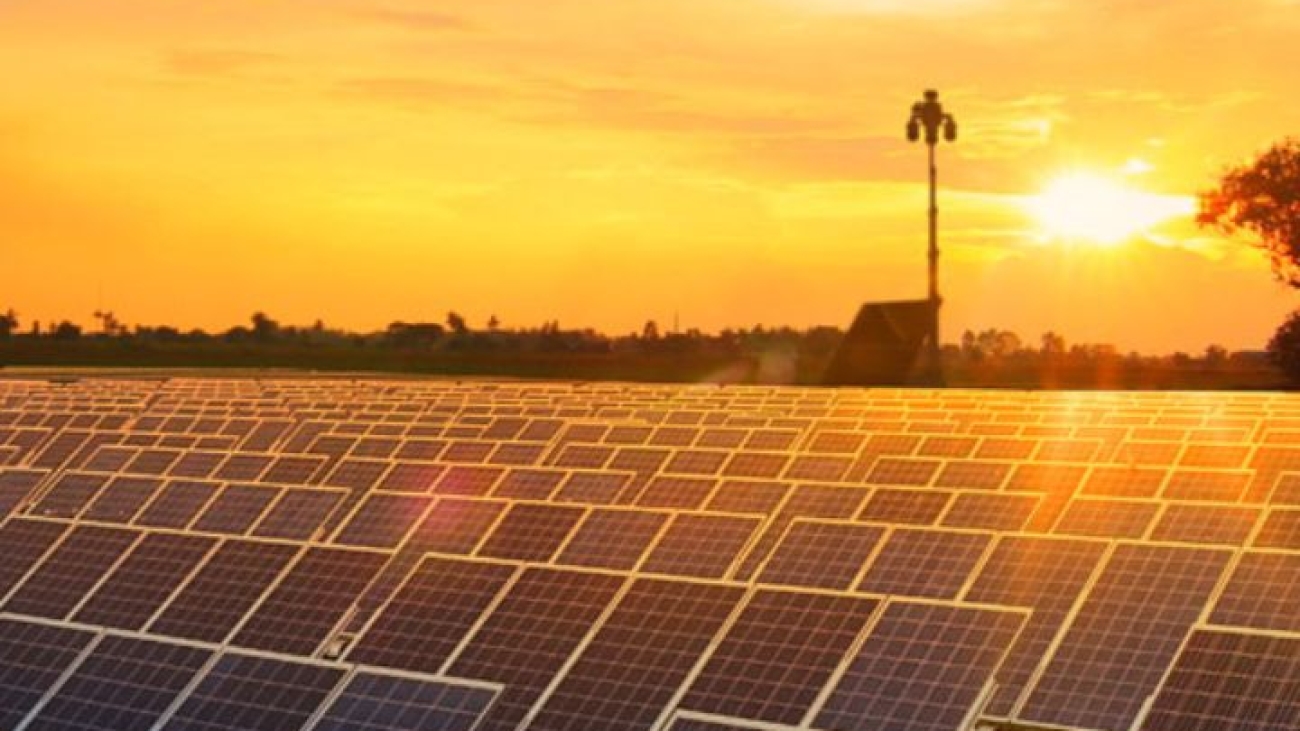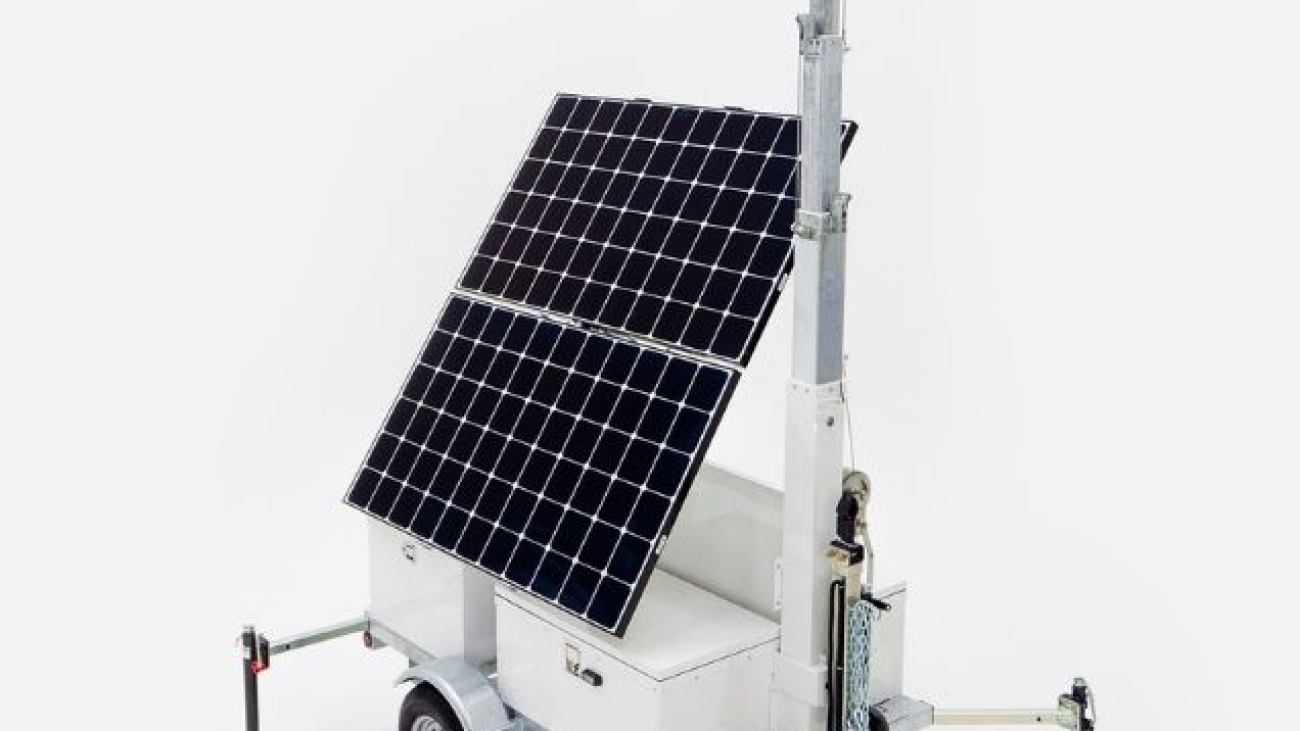Best Surveillance Options for Temporary or Mobile Locations
Portable Outdoor Security Camera no Wifi Moves with Your Business Needs
In today’s fast-paced business environment, it is essential to have an effective security system in place, including portable security cameras. One important aspect of business security is the ability to monitor a wide range of locations, including remote or temporary locations. Portable surveillance systems offer a solution for businesses that require flexible and adaptable security solutions.
Portable Security Cameras Monitor Remote or Temporary Locations
Portable surveillance systems are designed to be easily transported and set up in various locations, making them an ideal choice for businesses that operate in multiple locations, such as construction sites or outdoor events. These systems provide real-time video feeds that can be accessed from a central location, allowing businesses to monitor their operations and respond quickly to any security threats.
Advantages of Portable Security Camera
Flexibility
One of the main benefits of portable surveillance systems is their flexibility. They can be set up quickly and easily in virtually any location, and can be moved around as needed. This allows businesses to customize their security solutions to meet their specific needs, without having to invest in permanent security infrastructure.
Independence
Another advantage of portable surveillance systems is their ability to operate independently of existing infrastructure, such as Wi-Fi or power. Many systems are designed to be self-contained, with built-in power supplies and wireless capabilities. This means that businesses can set up surveillance in remote or off-grid locations, where traditional surveillance systems may not be feasible.
Cost Effective
Portable surveillance systems also offer a cost-effective solution for businesses that require flexible security solutions. These systems typically require less investment than traditional surveillance systems, which can be expensive to install and maintain. Additionally, businesses can save on labor costs by using portable surveillance systems, as they do not require skilled technicians to install or maintain them.
Real-Time Feed & Notifications
One of the key features of portable surveillance systems is their ability to provide real-time video feeds that can be accessed remotely. Systems are also built with the ability to send notifications if systems are not being watched continually. This allows businesses to monitor their operations from a central location, even when they are not physically present at the site. This feature can be particularly useful for businesses that operate in multiple locations, as it allows them to monitor all of their operations from a single location.
Customizable
Portable surveillance systems can also be customized to meet the specific needs of businesses. For example, some systems may include advanced features such as facial recognition technology or license plate recognition. These features can help businesses to identify potential security threats and respond quickly to them.
Solutions
Portable surveillance systems offer a flexible and adaptable solution for businesses that require customized security solutions. These systems can be set up quickly and easily, and can be moved around as needed. They provide real-time video feeds that can be accessed remotely, allowing businesses to monitor their operations from a central location. Additionally, portable surveillance systems are cost-effective and can be customized to meet the specific needs of businesses.
Get a Quote ↗
Get your project started today with a quote on the best surveillance system for your business needs.
More Features ↗
Additional security features that can fortify your business.
More Articles ↗
Check out our articles for in depth detail on surveillance priorities.

